There is so much more to your vision than just seeing clearly. Your eyes have to move together, converge, diverge, focus up close, and relax to view far away. If you work on a computer, your eyes can begin to get tired from focusing at the computer all day. This can be from a few issues: uncorrected prescription, poor focusing at near (poor accommodation), or convergence issues.
Your eyes need to converge or draw together in order to continue to be pointed at an object up close. There is a common condition called convergence insufficiency in which your eyes do not point at the object (i.e. a computer screen), instead they point past it. All day, your eyes are trying to compensate for this by readjusting and over-focusing. This leads to eye strain, headaches, blurred vision and uncomfortable vision.
Your doctor is able to use prism to correct this, but we have found over time that the prism makes the eyes do less work. This means that over time you would need more and more prism – it would never fully treat your condition. There are a few options when it comes to managing or treating convergence insufficiency:
- Vision Therapy: usually a 12-18 session that occurs weekly and involves at-home therapies as well as in-office sessions. Maintenance sessions may also be needed . Usually this is not covered by insurance.
- Neurolens: contoured prism for the treatment/management of migraines, eye strain, and is a quick-acting alternative that is added into your glasses prescription. If patients have accommodative insufficiency, neurolens can also be made into a bifocal to help treat this as well.
Both options are great in my professional opinion, and I would say most people end up choosing Neurolens based on convenience and cost. I would argue that you could even do both together to improve your comfort short-term as well as long-term. Neither of them are typically covered by vision plans (VSP, Eyemed, Superior, Davis, Spectera, etc) or medical insurance plans.
I have had some patients who were incorrectly diagnosed with dyslexia, ADHD, and other learning disabilities when in fact they have a binocular vision issue. I’ve also had some patients where they have dyslexia, ADHD, etc. AND a binocular vision issue. Once fitted with proper glasses, they were able to improve their reading scores and attention.
